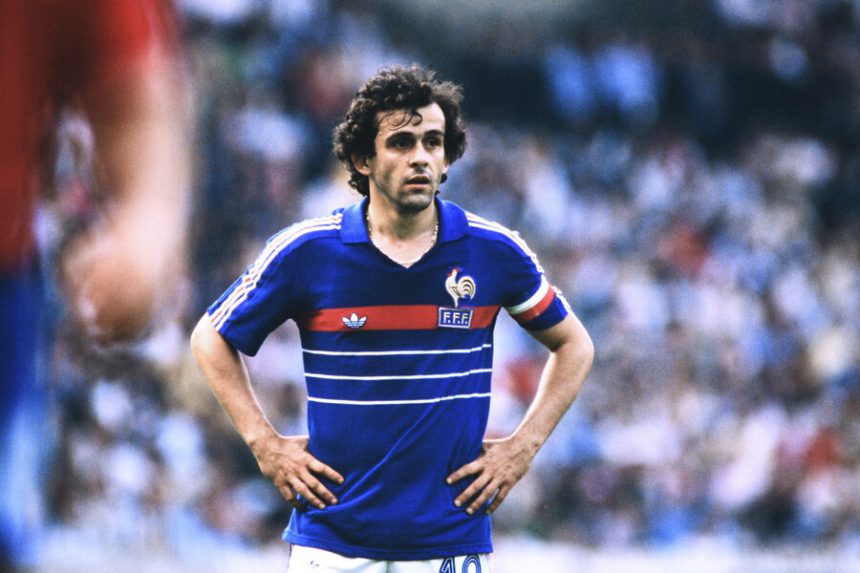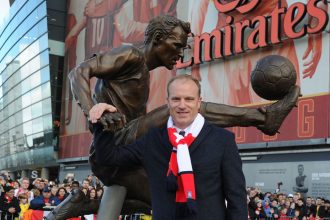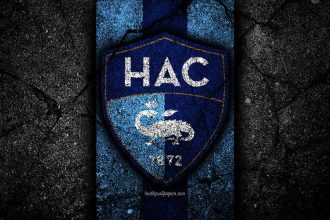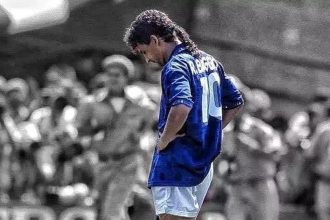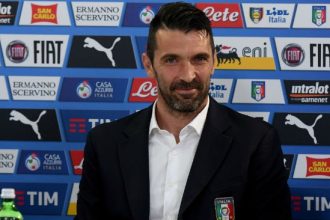Michel Platini is a legendary figure in the world of football, renowned for his elegance, skill, and exceptional vision on the field. Born on June 21, 1955, in Joeuf, France, Platini’s journey in football has left an indelible mark on the sport. From his early days as a young talent to his illustrious career as a player and subsequent contributions off the field, Platini’s influence extends far beyond his playing days. In this article, we delve into the life, achievements, and lasting impact of Michel Platini on the game of football.
Platini’s passion for football blossomed at a young age. He honed his skills playing for local clubs before catching the attention of professional scouts. He started his professional career at Nancy, where he showcased his exceptional technique, playmaking abilities, and eye for goal. His performances soon attracted the attention of bigger clubs, leading him to join Saint-Etienne and later Juventus in Italy.
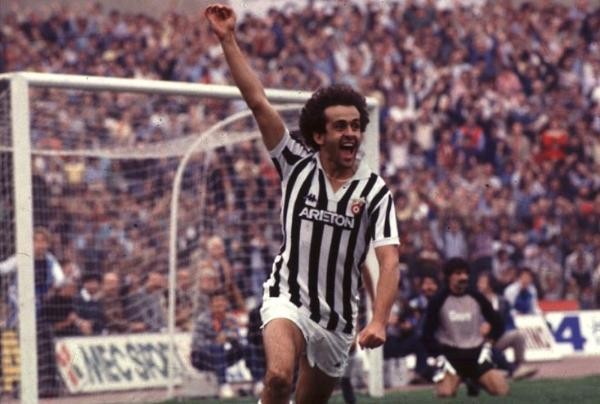
Platini’s impact on the international stage cannot be overstated. He was a key figure for the French national team during the 1980s, leading them to significant success. The pinnacle of his international career came during the 1984 UEFA European Championship, where he captained the French side to victory. With his remarkable skill, creativity, and goal-scoring prowess, Platini played a pivotal role in securing the championship title for France.
In 1984, Platini captained France to success in the European Championship on home soil. His individual impact on the tournament was huge with nine of France’s 14 goals in just five games (the top goal scorer in Euro ’84).
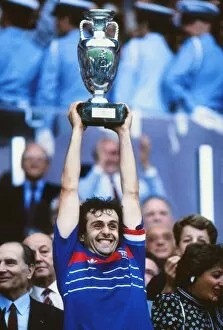
He scored the winner in France’s opening match against Denmark and scored one “perfect” hat-trick against Belgium as France topped their first-round group with three wins out of three. In the dramatic semi-final in Marseille against Portugal, Platini scored the match’s final goal for a memorable 3–2 win in the last minute of extra time.
In the final against Spain at the Parc des Princes in Paris, he opened the scoring with a free kick goal, helped by a monumental blunder from Spain goalkeeper Luis Arconada. A second goal from Bruno Bellone in injury time at the end of the match secured France’s first major title in international football.
Platini’s club career was equally impressive. During his time at Juventus, he experienced great success, winning numerous domestic titles and capturing the European Cup, now known as the UEFA Champions League. His technical ability, precision passing, and goal-scoring prowess established him as one of the best players of his generation.
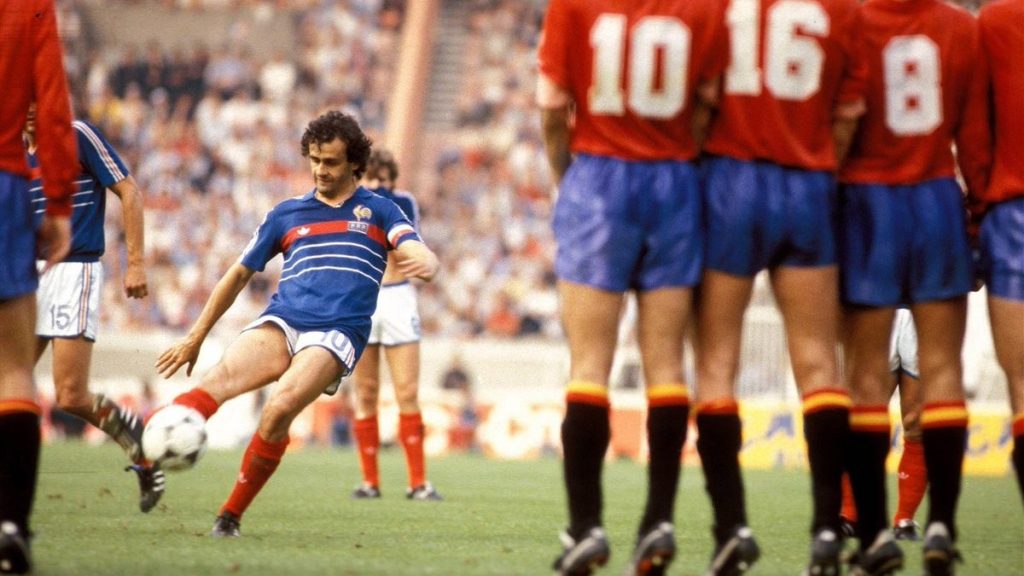
At Juventus, Platini inherited the number 10 shirt from the recently departed Liam Brady. In a team featuring numerous members of Italy’s victorious World Cup squad, Platini had a difficult introduction to Italian football. He was a target in the demanding Italian sports media and even came close to leaving Italy in the winter of his first season. Platini and teammate Zbigniew Boniek successfully called for a change in tactics, and in the second half of the season, Juventus saw an upturn in their fortunes. They reached the European Cup final, losing to Hamburger SV, but won the Italian Cup, the first of many club honors to follow for Platini in the coming seasons.
He won the Serie A title with Juventus in 1984 and 1986, the European Cup Winners’ Cup in 1984 (setting up Vignola’s opening goal in the Turin club’s 2–1 victory over Porto in the final of the competition), the 1984 European Super Cup, the European Cup in 1985 and the 1985 Intercontinental Cup. He finished top scorer in Serie A for three consecutive seasons (1982–83, 1983–84, and 1984–85), and won a hat-trick of European Footballer of the Year awards (1983 through 1985). He was also voted Player of the Year by World Soccer magazine in 1984 and 1985.
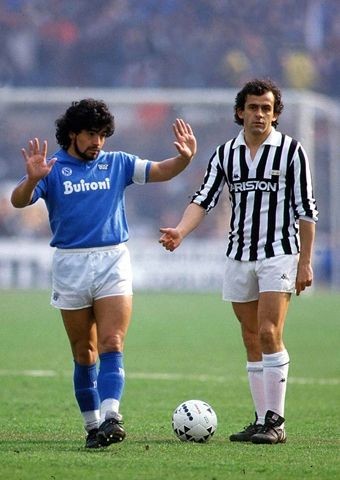
After retiring from professional football, Platini continued to make a significant impact in the sport. He ventured into football administration, serving as the President of the Union of European Football Associations (UEFA) from 2007 to 2015. During his tenure, he implemented various initiatives to enhance the sport’s development and promote fair play. However, his tenure faced controversy and was marred by allegations that ultimately affected his reputation.
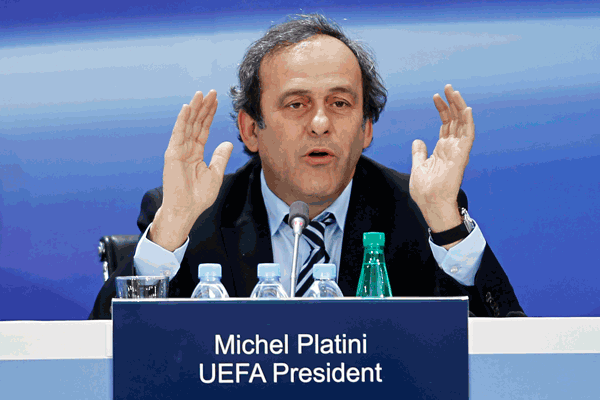
Despite the controversies, Michel Platini’s legacy as a footballer remains intact. He is revered for his elegance, technical brilliance, and footballing intelligence. His playing style and vision on the field inspired generations of players. His contributions to the French national team and Juventus cemented his place in football history. While his off-field endeavors may have been tarnished, his on-field achievements and contributions continue to be celebrated.
Michel Platini’s impact on football transcends his playing days. From his early years as a promising talent to his remarkable performances for club and country, he left an indelible mark on the sport. While controversies may have overshadowed some of his later achievements, his influence as a player and his role in shaping the game cannot be denied. Michel Platini remains an icon and a true maestro of French football.
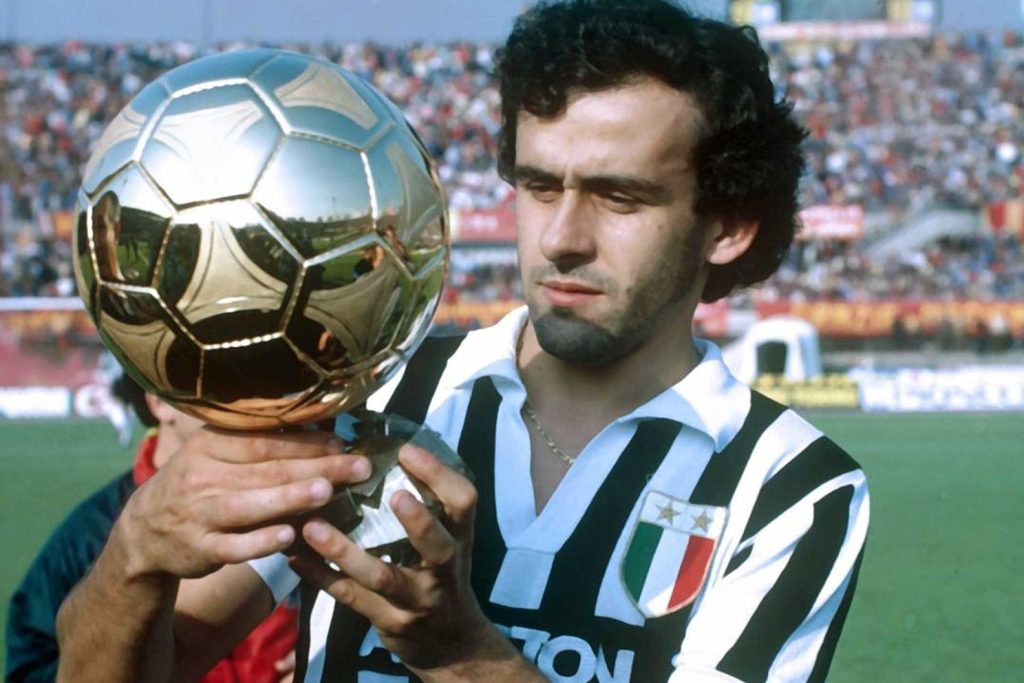
Honors
Player
Nancy:
Coupe de France: 1977–78
Division 2: 1974–75
Saint-Étienne:
Division 1: 1980–81
Coupe de France runner-up: 1980–81, 1981–82
Juventus:
Serie A: 1983–84, 1985–86
Coppa Italia: 1982–83
European Cup: 1984–85; runner-up: 1982–83
European Cup Winners’ Cup: 1983–84
European Super Cup: 1984
Intercontinental Cup: 1985
France:
UEFA European Championship: 1984
Artemio Franchi Trophy: 1985
FIFA World Cup third place: 1986
1976 Pre-Olympic Zone European
Individual:
French Player of the Year: 1976, 1977
Onze d’Argent: 1977
L’Équipe French Champion of Champions: 1977, 1984
Onze de Onze: 1977, 1982, 1983, 1984, 1985, 1986
FIFA XI: 1979
FIFA World Cup All-Star Team: 1982, 1986
Capocannoniere (Serie A Top Scorer): 1982–83, 1983–84, 1984–85
El Gráfico Player of the Year: 1983
Ballon d’Or: 1983, 1984, 1985
Onze d’Or: 1983, 1984, 1985
Guerin Sportivo All-Star Team: 1983, 1984
Guerin d’Oro: 1983–84
IOC European Footballer of the Season: 1983–84, 1984–85
UEFA European Championship Player of the Tournament: 1984
UEFA European Championship Top Scorer: 1984
UEFA European Championship Team of the Tournament: 1984
European Cup Top Scorer: 1984–85
World Soccer Player of the Year: 1984, 1985
Guerin Sportivo Player of the Year: 1984, 1985
Intercontinental Cup Most Valuable Player of the Match Award: 1985
FIFA World Cup All-Time Team: 1994
Super Onze d’Or: 1995
Planète Foot Magazine Team of All Time: 1996
Planète Foot’s 50 Best Player of All Time: 1996
Venerdì’s 100 Magnificent: 1997
World Team of the 20th Century: 1998
French Player of the Century: 1999
RSSSF French National Team of All Time: 1999
Placar’s 100 Players of the Century: 1999 (#8)
Guerin’ Sportivo’s 50 Greatest Players of the Century by Adalberto Bortolotti: 1999 (#9)
France Football Player of the Century: 1999 (#5)
World Soccer’s 100 Greatest Footballers of All Time: 1999 (#5)
FIFA World Cup Dream Team: 2002
Golden Foot: 2004, as football legend
FIFA 100: 2004
UEFA Golden Jubilee Poll: 2004 (#9)
Placar’s 100 World Cup Stars: 2005 (#19)
AFS Top-100 Players of All-Time: 2007 (#13)
English Football Hall of Fame: 2008 (voted All-Time Greatest European Footballer. He is only the second person outside the English game to be honored by the Museum.)
Premio internazionale Giacinto Facchetti: 2011
Italian Football Hall of Fame: 2011
World Hall of Fame of Soccer: 2011
Globe Soccer Awards Player Career Award: 2012
Juventus Greatest XI of All Time: 2017
Ballon d’Or Dream Team (Bronze): 2020
IFFHS All-time Men’s B Dream Team: 2021
IFFHS All-time Europe Men’s Dream Team: 2021
Artemio Franchi Prize
IFFHS Legends
Voetball International’s World Stars by Raf Willems
Manager
Individual:
El País European Coach of the Year: 1991
World Soccer Manager of the Year: 1991
Orders:
Chevalier of the Légion d’honneur: 1985
Officier of the Ordre national du Mérite: 1994
Officier of the Légion d’honneur: 1998

